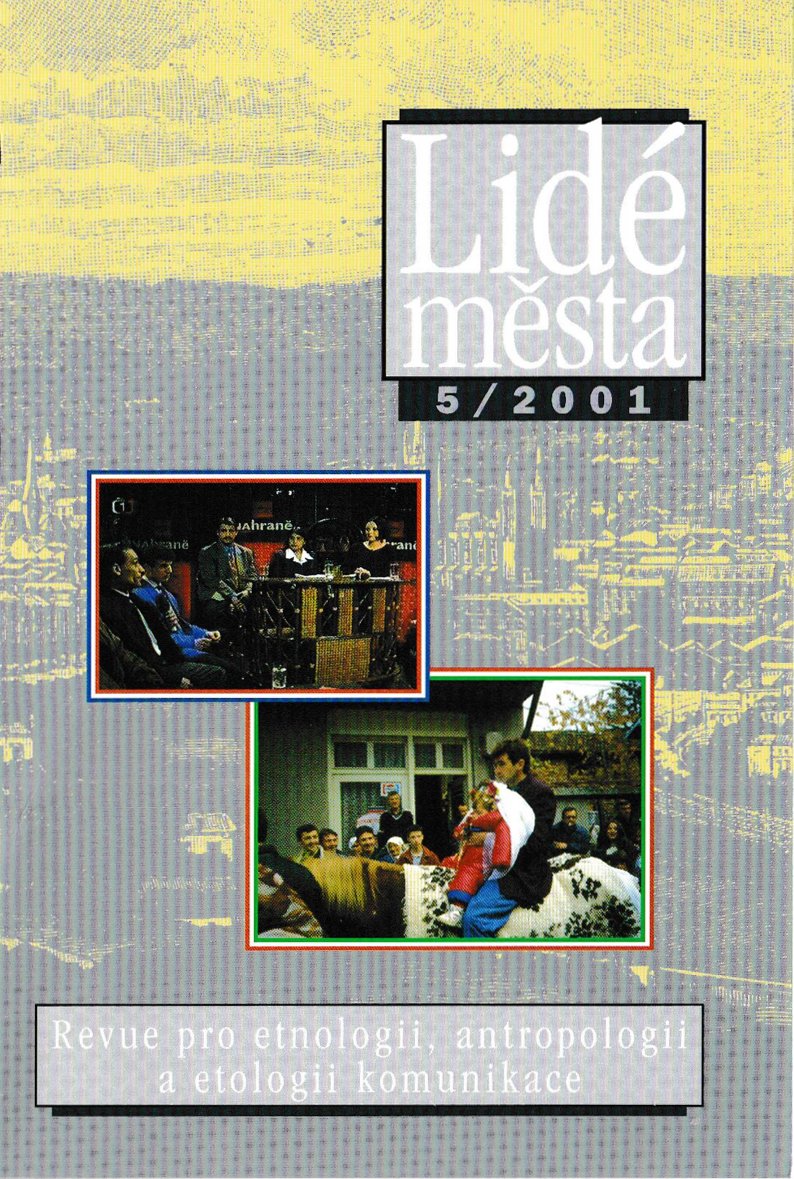Čeští nekatolíci v rumunském Banátu a v Bulharsku
Část třetí - Vojvodovo, obec denominačního typu
DOI:
https://doi.org/10.14712/12128112.4105Abstrakt
There was already a mention in Part II of the study that the Achurch-goers or the sectarian part of the non-Catholic congregation in Svatá Helena were unwilling to put up with what was for them a too secular situation in the community and that they left it in two waves (May 1897-Summer 1898). Now the study takes a doser look at their fate. These people accepted an invitation from the Bulgarian government and moved to the newly constituted Bulgaria where they were granted some colonisation incentives. They founded the village of Suvat, from which they were expelled by local Bulgarians, and later Sasek, where the situation repeated, and eventually Vojvodovo (1900). This village was co-founded by Banat Slovaks of the Nazaren belief and a number of Bulgarian families of the Orthodox, Catholic, and Paulician denominations (evidently descendants of the erstwhile dualist, Agnostic Paulicians). In fact, the religious diversity of the newly established community strongly influenced its further development. At first, the groups apparently closed themselves. Religious sectarians from Svatá Helena identified their belief on the basis of an ascetic ethic similar to Methodism and they built a house of prayer, a Achurch (1902, later called the lower church). However, under the influence of surrounding society and school their religious fervor was tuned down in the second generation, which can be documented by a change in political and legal relations (the diminishing importance of the church committee), folk songs and less militant attitudes to the compatriots' movement. However, despite this slackening the community always distinguished itself with a much higher degree of religious belief than the surrounding society, which played a major role as an ethno-preserving factor of Bulgarian Czechs. Along with an ethical lapse of Methodist minister M. Roháček the described development still provoked a controversial reaction. In the early 1920s German Darbist preacher E. Kowal came to Vojvodovo. He started to as emble around him the advocates of Aold orders of ascetic piety. Kowal and a minor part of the Methodist congregation left the church and founded a Darbist congregation (1925), assembled around the upper Achurch, built in the same year. However, since bere, too, the traditional sectarian ethic was soon relinquished, too, the two groups were soon only divided by their membership of different Achurches. There was a tendency toward a continual inter-confessional reconciliation, a sort of religious tolerance and solidarity, which was joined along with Methodists and Darbists also by the Vojvodovo Nazarens and - with some reservations - the Orthodox church-goers. ln the 1920s and 1930 Vojvodovo became a village with religious pluralism and a tolerant community of a denomination type. This development was backed by the real legal, administrative and religious autonomy of the community. Vojvodovo's religious development in this direction was entirely halted by the post-war repatriation of almost all of the community back to Czechoslovakia. This will be dealt with in the final part of the study. The village was settled by Bulgarians, and the authorities evidently tried to „obliterate" its Czech past (liquidation of churches and the cemetery, imprisonment of the Methodist preacher). However, the attempt failed, among others on religious ground. Thanks to the preacher S. Popov and his son Bozhidar Popov the Methodist church could renew local tradition and with the help of a handful of mixed families, which rejected the post-war re-emigration to the community, now Bulgarian, it returned after the 1989 collapse of the communist regime. ln fact, Methodism became the only belief of so far formally Orthodox Bulgarians. However, the ascetic ethic of Czech colonists is no longer present in this form of Methodism.
Stahování
Publikováno
Jak citovat
Číslo
Sekce
Licence

Tato práce je licencována pod Mezinárodní licencí Creative Commons Attribution-NonCommercial-NoDerivatives 4.0.


